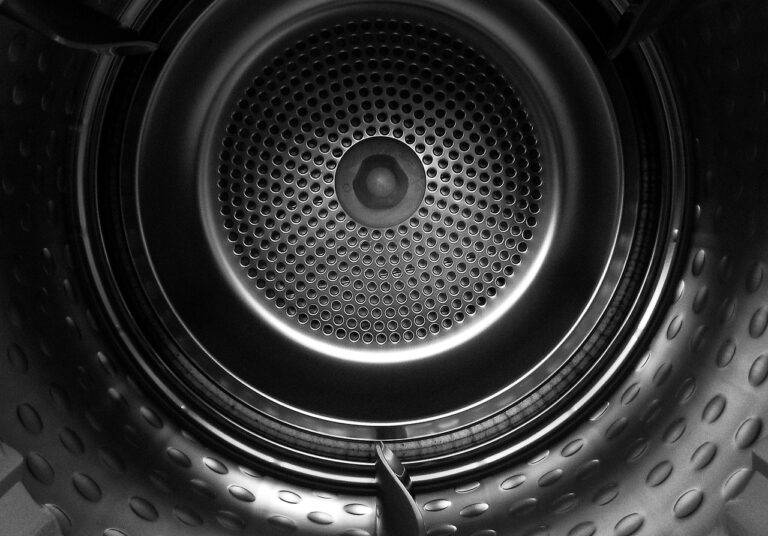The Importance of Indoor Air Quality: Strategies for Cleaner, Healthier Air
Indoor air quality is a crucial aspect of maintaining a healthy living environment. The quality of the air we breathe indoors can significantly impact our overall well-being. Poor indoor air quality can lead to a range of health issues, including respiratory problems, allergies, and even long-term complications. It is essential to understand the sources of indoor air pollutants and take steps to improve the air quality in our homes and workplaces.
Many common pollutants can be found in indoor air, such as dust, mold, pet dander, and volatile organic compounds. These pollutants can be introduced into our living spaces through everyday activities like cooking, cleaning, and using certain household products. Over time, exposure to these pollutants can have detrimental effects on our health. By being aware of the sources of indoor air pollution and taking proactive measures to reduce exposure, we can create a healthier environment for ourselves and our loved ones.
Common Pollutants Found in Indoor Air
Indoor air quality is often compromised by a variety of pollutants that can have harmful effects on our health. One common pollutant found in indoor air is volatile organic compounds (VOCs), which are emitted by various household products such as paints, cleaning supplies, and pesticides. These chemicals can cause respiratory issues, headaches, and dizziness.
Another significant pollutant commonly found indoors is mold, which thrives in damp and poorly ventilated spaces. Mold spores can cause allergic reactions, trigger asthma symptoms, and affect overall respiratory health. It is crucial to address and eliminate these pollutants to ensure a healthy indoor environment for you and your family.
Why is indoor air quality important?
Indoor air quality is important because it can have a direct impact on our health. Poor indoor air quality can lead to respiratory issues, allergies, and other health problems.
What are some common pollutants found in indoor air?
Some common pollutants found in indoor air include dust, pet dander, mold spores, tobacco smoke, volatile organic compounds (VOCs), and radon.
How can I improve the indoor air quality in my home?
There are several steps you can take to improve indoor air quality, such as regularly changing air filters, using a HEPA air purifier, keeping a clean home, and ensuring proper ventilation.
How can I test the indoor air quality in my home?
You can test the indoor air quality in your home by using an indoor air quality monitor or hiring a professional to conduct an air quality test.
What are some health effects of poor indoor air quality?
Poor indoor air quality can lead to respiratory issues, allergies, headaches, fatigue, and in severe cases, more serious health problems such as asthma and even lung cancer.
How often should I replace air filters in my home?
It is recommended to replace air filters in your home every 2-3 months, or more frequently if you have pets or allergies.





